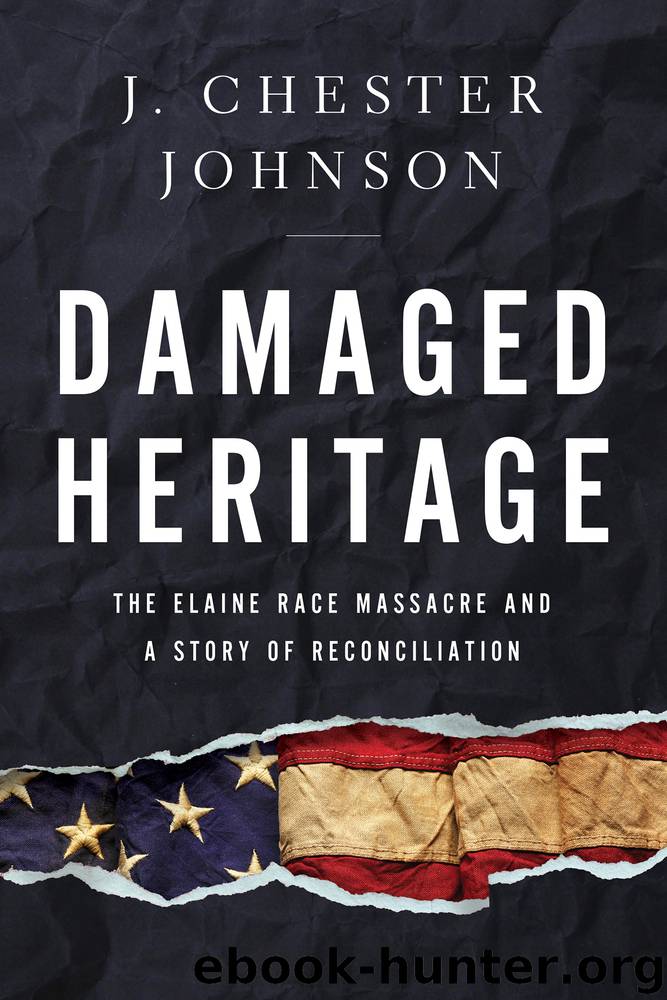Damaged Heritage by J. Chester Johnson

Author:J. Chester Johnson
Language: eng
Format: epub
Publisher: Pegasus Books
Published: 2020-05-05T00:00:00+00:00
6 AFTER FREEDOM SUMMER
During the summer of 1964, known among civil rights workers as Freedom Summer, I sat in Quincy House along the Charles River at Harvard University. I frequently sat that summer in the same place re-reading newspaper articles about the remarkable events, remarkable in their turbulence and impact for anyone participating or observing near and far the Racial Revolution of the American South. I watched the unfolding from a Massachusetts perch.
In June and July that summer, hundreds of mostly white northern students descended on the State of Mississippi to register black voters, to upset the state’s racial norms, to open schools and political operations—all this cumulatively designated as Freedom Summer. While the target of this northern advance was the institutionalized racism arrogated by the state as a whole, the geographic area holding the most promise, northwest Mississippi, would be given most attention, where freedom workers expected staunch resistance, the area of the state conventionally known as the Mississippi River Delta, where blacks often outnumbered whites, the sister locale across the Great Muddy from the counties of Phillips, Desha, Drew, and all the rest in southeast Arkansas. No wonder, then, that I dwelt repeatedly on reported newspaper accounts originating some 1,500 miles away.
Shortly after this initiative began, three civil rights workers associated with Freedom Summer were murdered near Philadelphia, Mississippi in Neshoba County; as a result, over two hundred federal investigators and other personnel flooded the county and surrounding area to find the bodies of the three: James Chaney, Andrew Goodman, and Michael Schwerner—a search that the nation followed with intensity and sympathetic anger.
Then, toward the end of July, seminal civil rights legislation was enacted into law by Congress and the president around the same time that the Harlem race riots erupted as a harbinger of internal combustions and infernos for succeeding summers when ghetto riots spread like viral wildfires through American cities, one after another. In the summer of 1964, the United States embarked on a racial reckoning, a battle beginning with the South as the target but flaring into a national outrage for racial grievances everywhere. With black and white players frequently bearing a Southern accent, one heard ancient outcries for—and against—rectitude.
I decided to attend summer school to study under the eminent theorist, Rollo May, who normally didn’t teach at Harvard and whose writings I admired. I cannot say that incipient racial and civil rights avowals alone dominated my thoughts that summer as I sat in Quincy House while the invasion from the North resonated with other outside pressures to impose change on white Southern ways and culture. No doubt I wondered whether the 1964 events would finally open the threatened long-term revolution that so many believed should have happened without interruption soon after the Civil War in conformance with the passage of the Thirteenth, Fourteenth, and Fifteenth constitutional amendments, meant to ensure the economic, social, governmental, and racial freedoms for African-Americans in the South. Alas, these consequential, constitutional steps didn’t impact blacks in the region the way that had been anticipated.
Download
This site does not store any files on its server. We only index and link to content provided by other sites. Please contact the content providers to delete copyright contents if any and email us, we'll remove relevant links or contents immediately.
| African-American Studies | Asian American Studies |
| Disabled | Ethnic Studies |
| Hispanic American Studies | LGBT |
| Minority Studies | Native American Studies |
Cecilia; Or, Memoirs of an Heiress — Volume 1 by Fanny Burney(32558)
The Great Music City by Andrea Baker(32019)
Cecilia; Or, Memoirs of an Heiress — Volume 2 by Fanny Burney(31956)
Cecilia; Or, Memoirs of an Heiress — Volume 3 by Fanny Burney(31942)
We're Going to Need More Wine by Gabrielle Union(19046)
All the Missing Girls by Megan Miranda(16029)
Pimp by Iceberg Slim(14508)
For the Love of Europe by Rick Steves(14121)
Bombshells: Glamour Girls of a Lifetime by Sullivan Steve(14076)
Talking to Strangers by Malcolm Gladwell(13370)
Norse Mythology by Gaiman Neil(13366)
Fifty Shades Freed by E L James(13243)
Mindhunter: Inside the FBI's Elite Serial Crime Unit by John E. Douglas & Mark Olshaker(9344)
Crazy Rich Asians by Kevin Kwan(9292)
The Lost Art of Listening by Michael P. Nichols(7506)
Enlightenment Now: The Case for Reason, Science, Humanism, and Progress by Steven Pinker(7314)
The Four Agreements by Don Miguel Ruiz(6765)
Bad Blood by John Carreyrou(6622)
Weapons of Math Destruction by Cathy O'Neil(6281)
